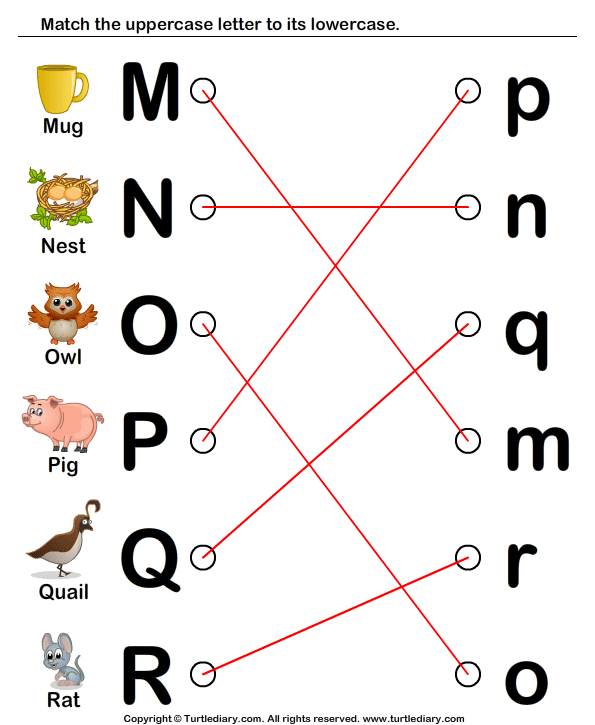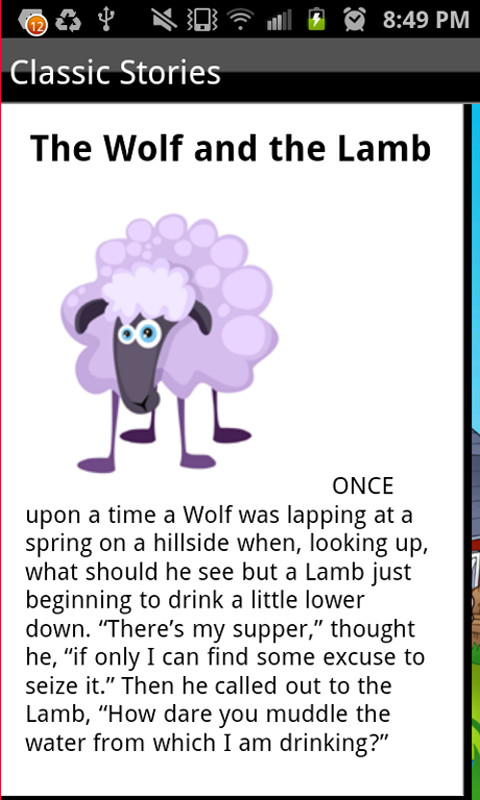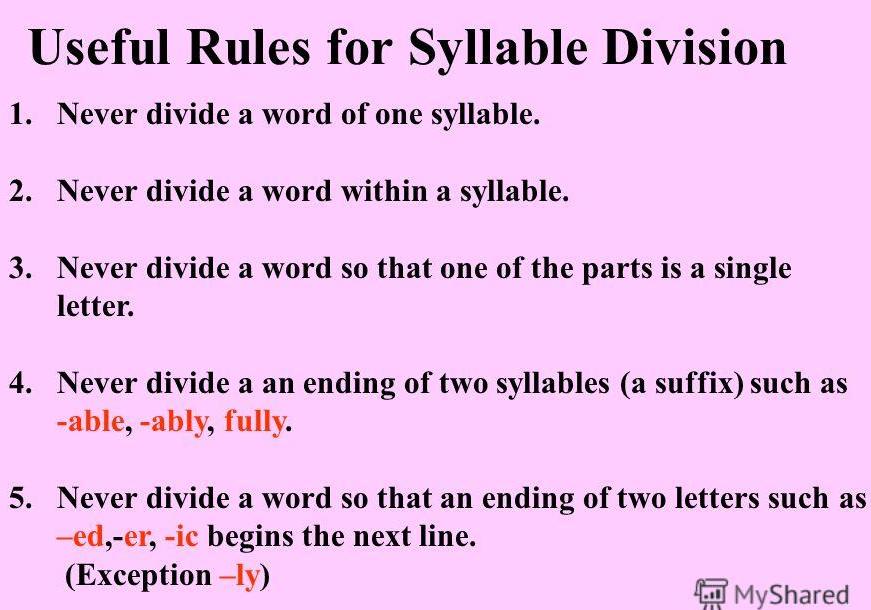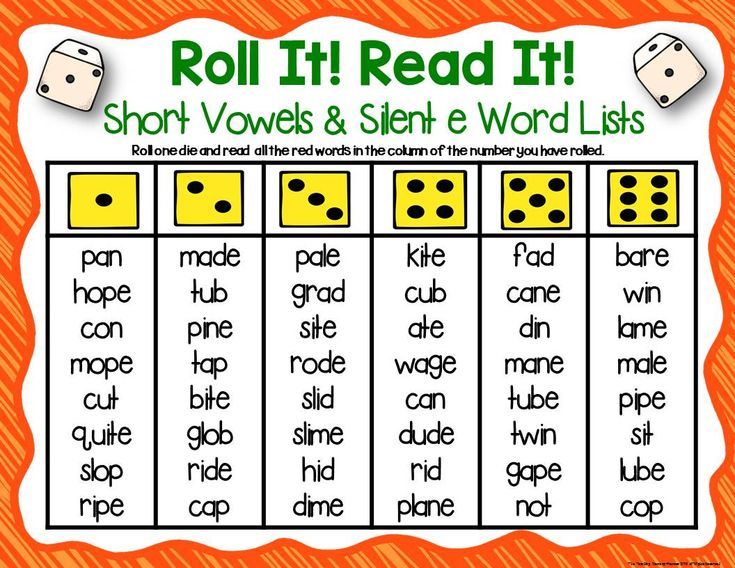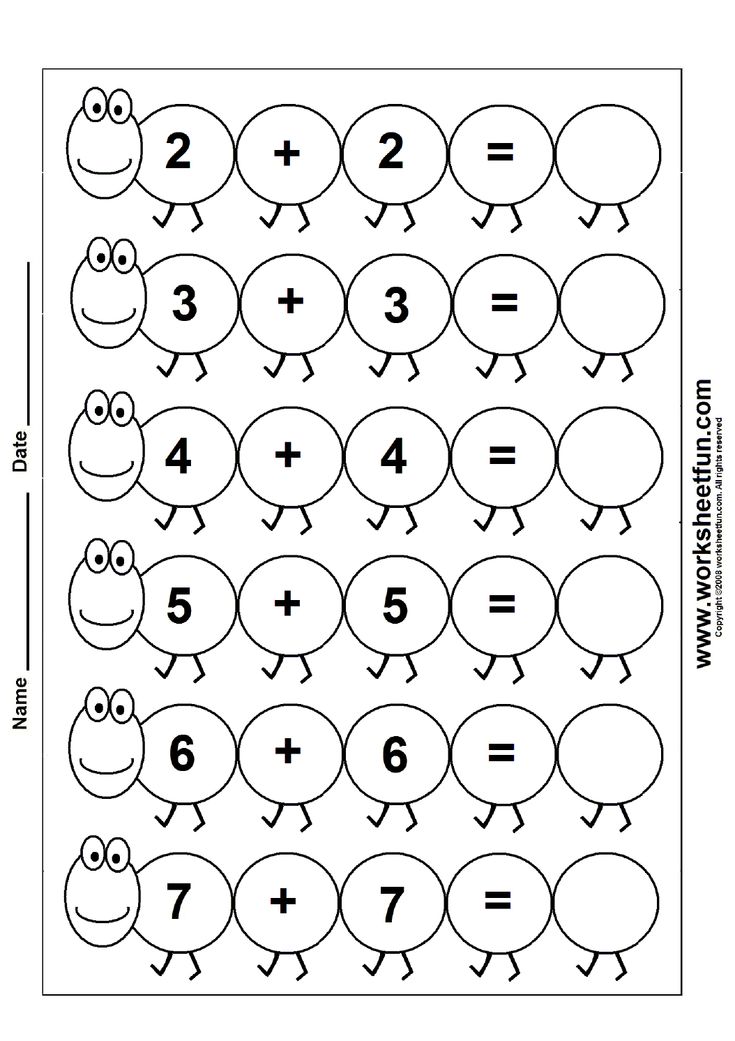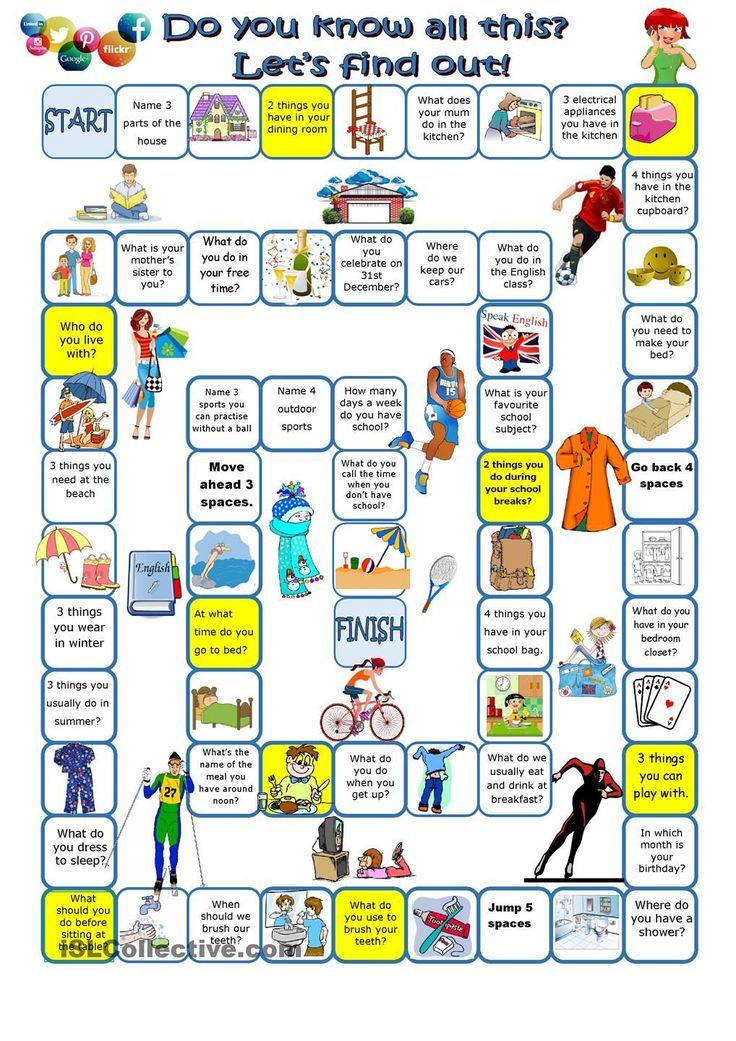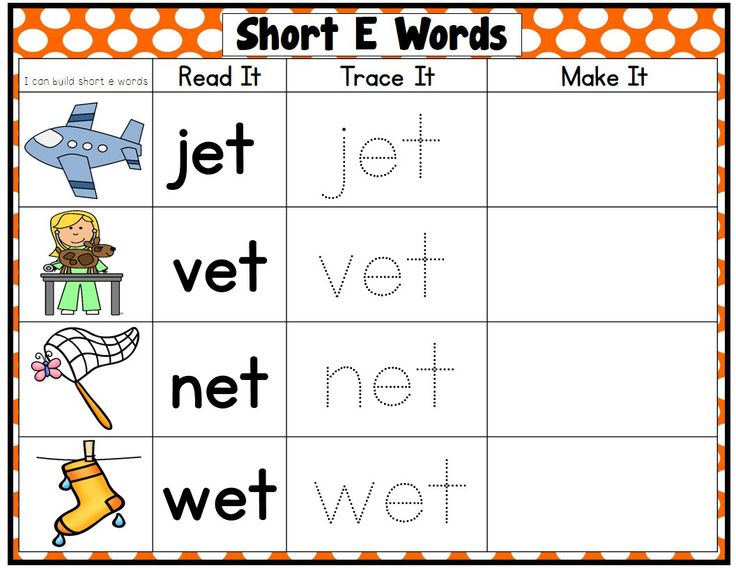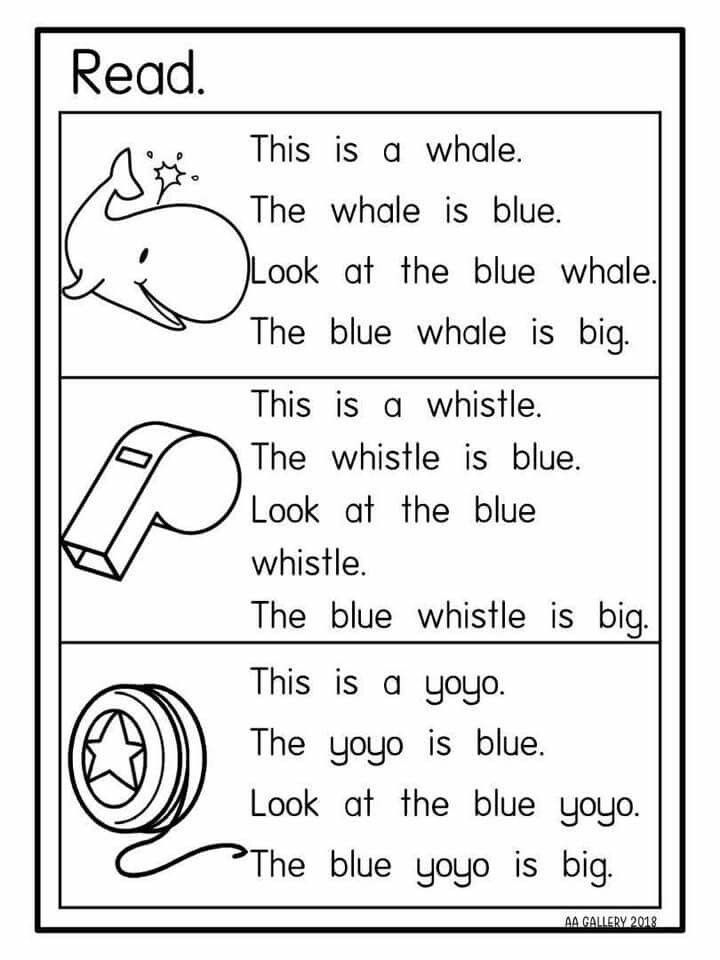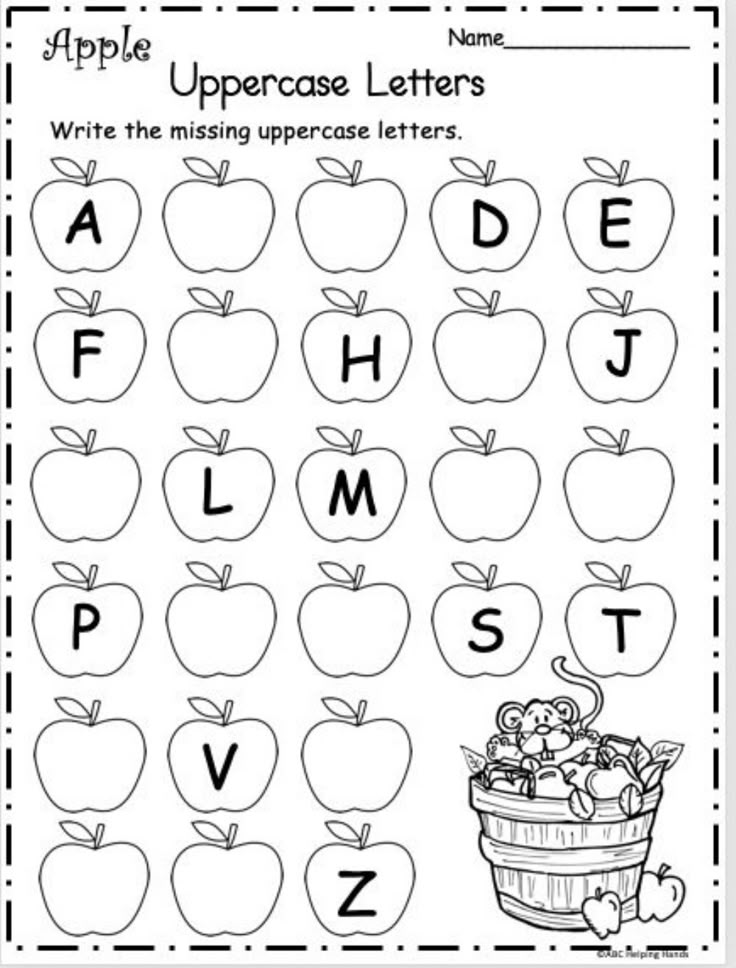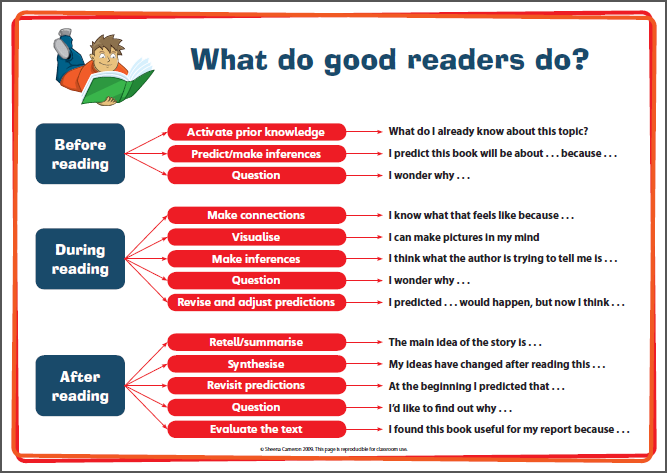Pre kindergarten sight words list
Dolch Word List
[Home] [Back] [Dolch Preschool] [Dolch Kindergarten] [Dolch Grade One] [Dolch Grade Two] [Dolch Grade Three]
© Contributed by Leanne Guenther
From 50-75% of all words used in school books, library books, newspapers, and magazines are in the Dolch Basic Sight Vocabulary of 220 words (preschool thru Grade 3). The Dolch word list is made up of "service words" (pronouns, adjectives, adverbs, prepositions, conjunctions, and verbs) which cannot be learned through the use of pictures.
In this section I've included a series of flashcards that can be printed and used to reinforce learning, the complete list of preschool words (see table) and some activity ideas for using the flashcards.
Set 1
Set 2
Set 3
Set 3 in color
Nouns 1
Nouns 2
Nouns 1 in color
Nouns 2 in color
Bingo Cards
Complete Preschool List
a |
and |
away |
big |
blue |
can |
come |
down |
find |
for |
funny |
go |
help |
here |
I |
in |
is |
it |
jump |
little |
look |
make |
me |
my |
not |
one |
play |
red |
run |
said |
see |
the |
three |
to |
two |
up |
we |
where |
yellow |
you |
Ideas for Using the Flashcards:
The flashcards can simply be held up, giving the child the opportunity to
read each one.
But if you're looking for a more engaging activity, try
combining the Dolch flashcards with the noun picture flashcards for a variety of
activities (I've listed some suggestions here from simplest to hardest)
- ACTIVITY ONE:
- have an adult arrange the flashcards to form a sentence.
- Read the sentence with/to the child
- Remove one of the dolch words from the sentence and put it back in the pile (you may want to make the pile smaller in the beginning to make the activity easier).
- Give the pile to the child and have them find the correct card to place back in the sentence.
- Re-read the sentence.
- ACTIVITY TWO:
- have an adult arrange the flashcards to form a sentence, leaving one card out.
- read the incomplete sentence with/to the child.
- present between 2 and 5 cards to the child (one of them should make the sentence complete)
- have the child chose which is the correct card
- re-read the sentence with the card chosen.
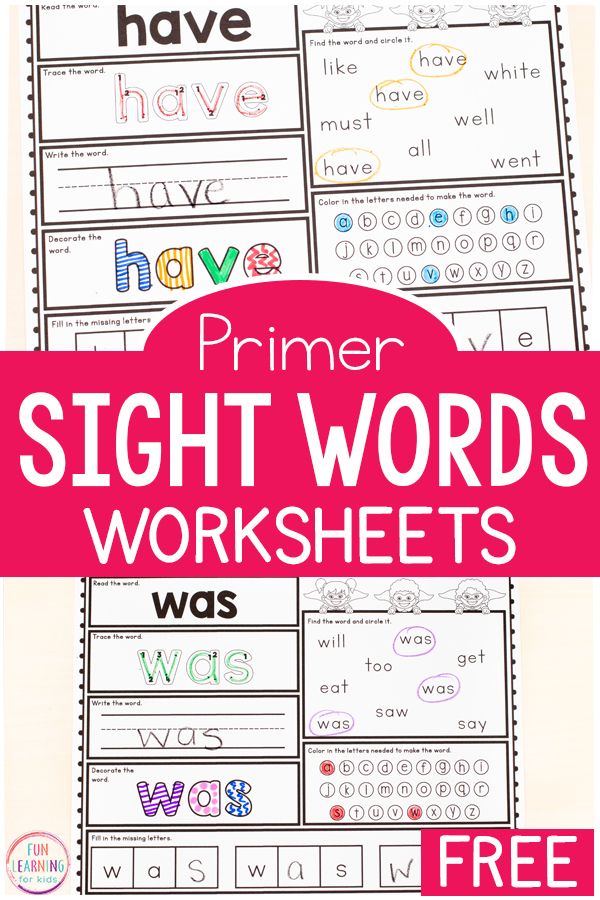 Talk about whether it
makes sense or not.
Talk about whether it
makes sense or not.
- ACTIVITY THREE:
- provide the child with all or part of the pile of flashcards
- allow them to create their own sentences using the cards
- read the sentences with them and talk about what they've created.
- OPTIONAL: Have them glue their completed sentence to the bottom of a piece of construction paper and draw a picture of their sentence on the top. (author/illustrator of their own story).
Free Printable Pre-K Sight Word Practice Sheets
- Share
- Tweet
Free printable Pre-K Sight Word Practice Sheets from the Dolch Sight Word List. Includes 40 Sheets for your child to learn from!
Why Teach Sight Words?
Sight words can be hard for little ones to learn as they cannot be sounded out using phonetics.
Give your kids a head start on reading by printing out our sight words practice activities at the bottom of the post.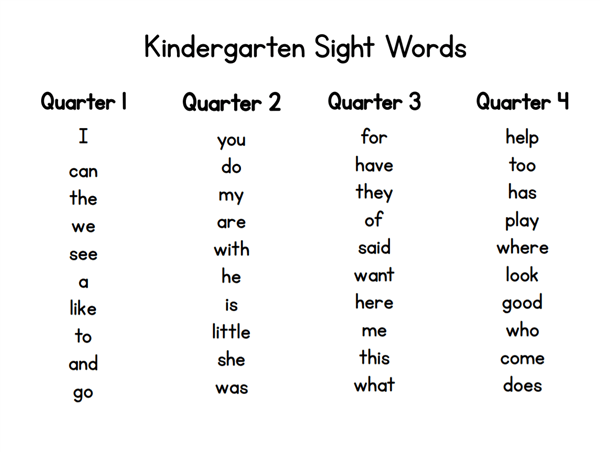 With tracing, word searches, and other fun activities, your child will be able to master words like and, here, said and the in no time!
With tracing, word searches, and other fun activities, your child will be able to master words like and, here, said and the in no time!
★WHAT YOU GET
………………………………………………………….
41 page PDF file including the following:
- Cover Page
- 40 Pages of Sight Word Practice Sheets from the Dolce Sight Word List for preschool aged children.
★ ★ You can download all 41 pages for FREE at the end of the article. ★ ★
Dolce Sight Word List for Preschool
The Dolch Sight Words List is the most commonly used sight word list to teach sight words. The Dolch Words List of 220 words are grouped by grade-level, starting with Pre-K through to 3rd Grade.
These sight word printables will give your little reader the chance to learn all 40 of the pre-k sight words on the Dolch sight word list in 6 different ways.
These 6 activities will help children identify, read, and spell the words, one word at a time.
The Preschool Sight Words include: a, and, away, big, blue, can, come, down, find, for, funny, go, help, here, I, in, is, it, jump, little, look, make, me, my, not, one, play, red, run, said, see, the, three, to, two, up, we, where, yellow, you.
How to use the Pre-K Sight Word Practice Sheets
Here are a few ways in which you can use these sight word worksheets:
- Complete a worksheet as the word of the week.
- Complete a worksheet and then read a leveled reader focusing on that word.
- During your bedtime story, have your child point point out sight words.
- The ‘read the word’ activity becomes a set of flash cards when cut out from their sheets.
Looking for More Sight Word Printable Sheets?
After your child has mastered the 40 Words of the Pre-K Dolch Words List, they’re ready for the Kindergarten Sight Words Worksheets.
Free printable Kindergarten Sight Word Practice Sheets from the Dolch Sight Word List. Includes 52 Sheets for your child to learn from!
Free printable First Grade Sight Word Practice Sheets from the Dolch Sight Word List. Includes 42 Sheets for your child to learn from!
Includes 42 Sheets for your child to learn from!
Free printable Second Grade Sight Word Practice Sheets from the Dolch Sight Word List. Includes 46 Sheets for your child to learn from!
Free printable Third Grade Sight Word Practice Sheets from the Dolch Sight Word List. Includes 42 Sheets for your child to learn from!
DOWNLOAD THE PRESCHOOL SIGHT WORD PRACTICE WORKSHEETS
★HOW TO USE THIS FILE:
………………………………………………………….
- Download the Free Printable Preschool Sight Word Practice Activity Set to your computer to a secure, easily accessible folder.
- Print at home, office (if allowed) or at a professional printing service.
★TERMS OF USE:
………………………………………………………….
You may use this file for your own PERSONAL USE ONLY. File sharing, distribution, and commercial use of this file or of the printed work from this file are prohibited. You are welcome to print as many copies as you like for yourself. The designs can not be used for any commercial purpose or resold.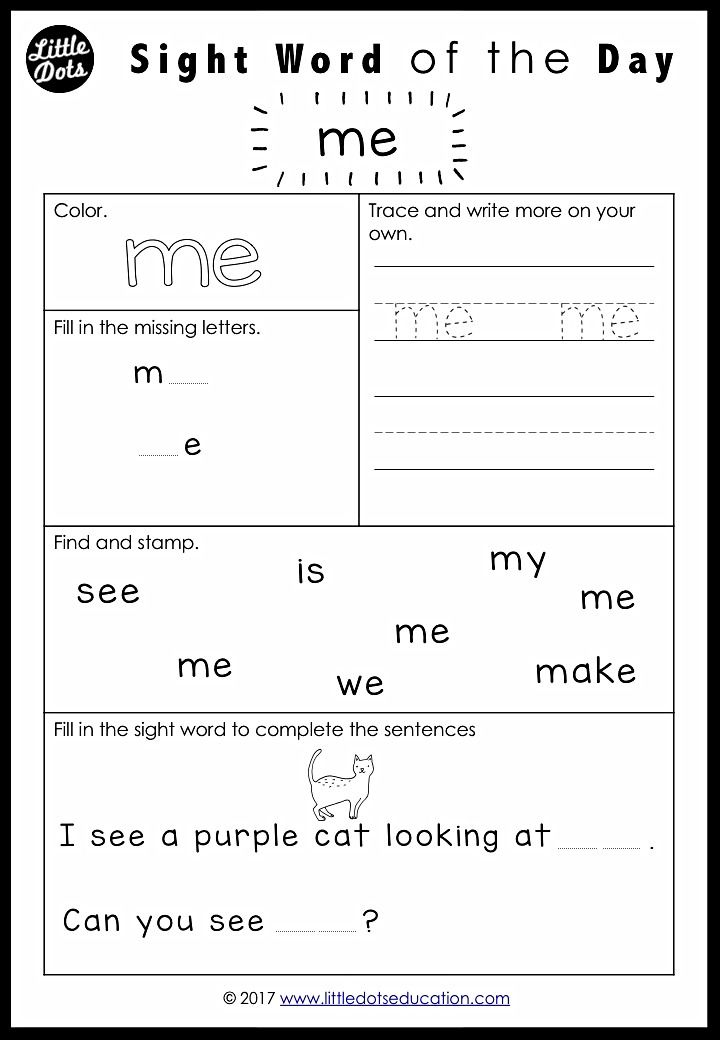 You may NOT use these files for publishing on any platform under any circumstances.
You may NOT use these files for publishing on any platform under any circumstances.
Elizabeth Lampman
Elizabeth Lampman is a coffee-fuelled Mom of 2 girls and lives in Hamilton, Ontario. She enjoys travelling, developing easy recipes, crafting, taking on diy projects, travelling and saving money!
- Share
- Tweet
Checking and expanding vocabulary
The user is not authorized.
First level of exercises available Vocabulary testing and expansion - Teaching letters and alphabets to preschool children. Alphabet, Russian letters
Expansion of the vocabulary of children 3-6 years old - learning to read online
It's no secret that children often read badly just because they don't understand words that smart adult uncles use in the text. This raises two difficulties - read the word itself, and it can be long, and secondly, understand what was read and remember what it means. nine0008
For those kids who have not yet learned how to link letters into words and made this training.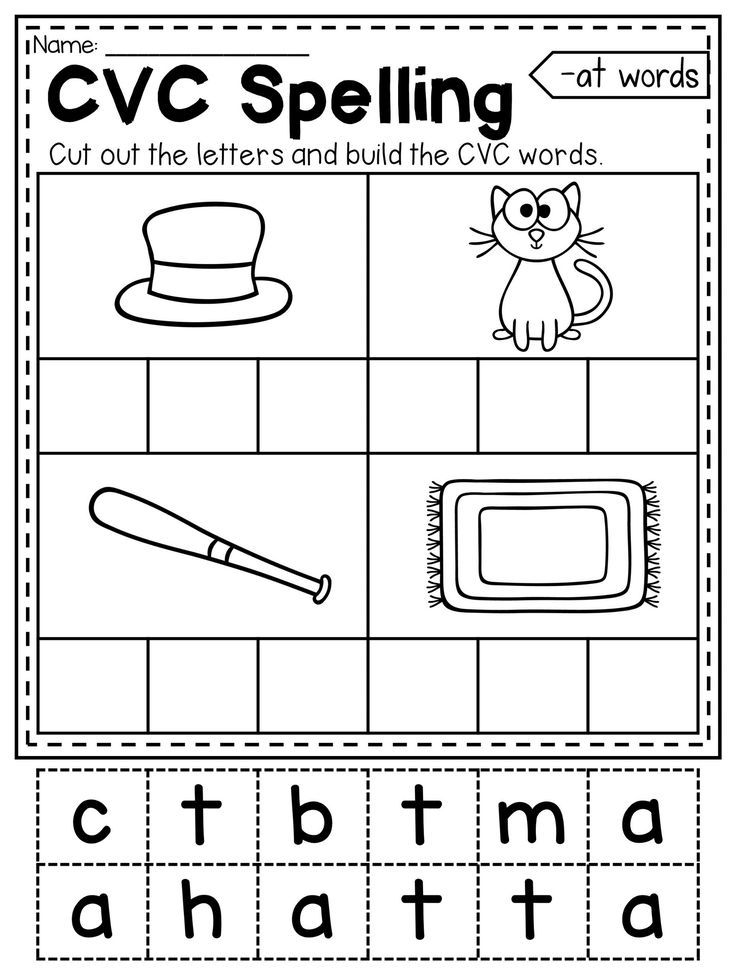 At the first stage, you need to memorize three-letter words, and a little later - four-letter. At the same time, it is important to remember that this game is primarily for replenishment. vocabulary, and not on the speed of solving the puzzle. That is, exercise necessary with an adult and if the child does not understand the words, then the adult is simply obliged explain its meaning.
At the first stage, you need to memorize three-letter words, and a little later - four-letter. At the same time, it is important to remember that this game is primarily for replenishment. vocabulary, and not on the speed of solving the puzzle. That is, exercise necessary with an adult and if the child does not understand the words, then the adult is simply obliged explain its meaning.
How does vocabulary help children prepare better for university entrance? school
The more vocabulary a person has, the easier he can formulate thoughts. Remember that there is a rule that they meet a person by clothes, but follow the mind. At present, both clothes and mind are determined by the dictionary reserve man
Millet just play games on my site for five to ten minutes each day and in a playful way teach your child to read. Remember that children cannot time to work hard.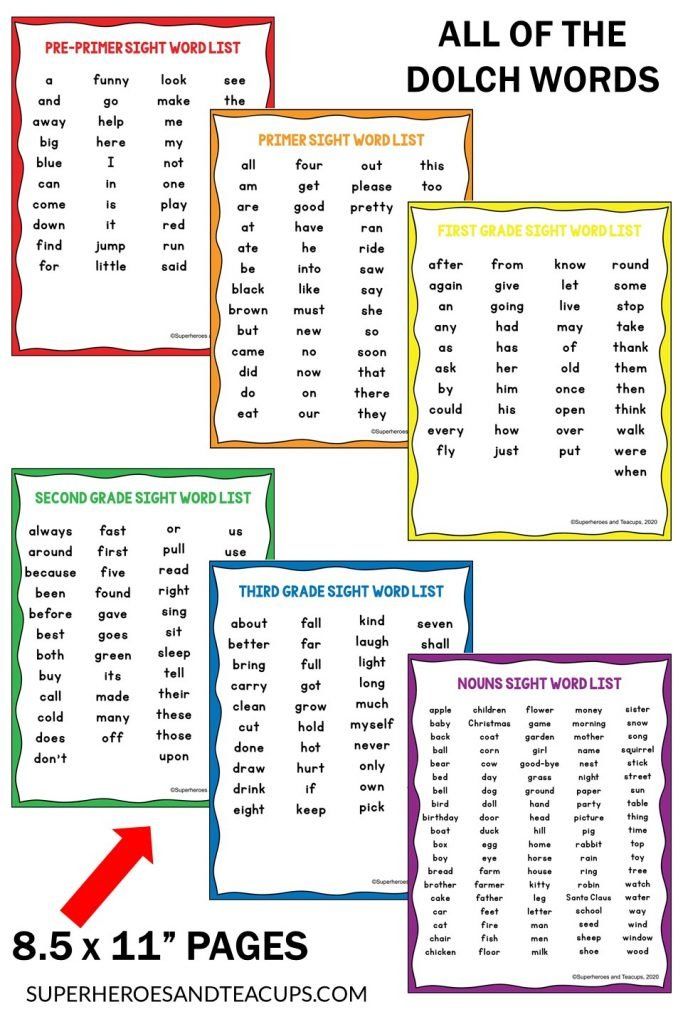 Children learn only through play. nine0008
Children learn only through play. nine0008
How to choose the time for classes
There is this recommendation:
If you want to be successful and not discourage your child from learning, make each session a game when he is active, alert and in good mood.
This is a highly controversial recommendation. The kid quickly understands that as soon as it opens primer, then it will be boring, and he won’t be able to see the TV set. The mood spoils, occupation comes from under the stick. nine0008
How to choose the right words for reading
Not all children understand how to put letters into words correctly. for them the letters are just icons that don't represent anything. Why do adults want certain things from them? actions, children do not understand. And, at some point, the children understand what it is letters and how words can be formed from them. Just for such children, I collected simulators and games.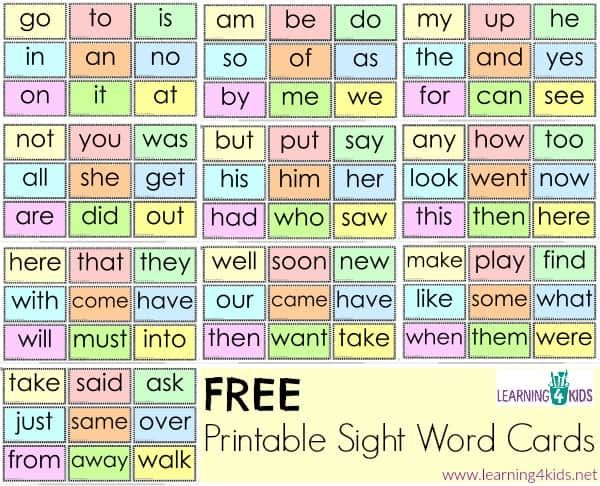
In this simulator you will need to read simple words and choose the right picture that represents the word. First come simple words, consisting of three letters, then more difficult and long. The task I set was to collect the words, with all letters of the Russian alphabet. nine0008
Learning to read by playing online
Determine the child's vocabulary
Words for reading should be given from what is already known thesaurus (dictionary) of the child.
The child operates with words related to people:
mother, father, woman, grandfather (if he is still alive - if not, then we exclude from the list), aunt, uncle, Vasya, Nastya, Sergey, Lena, Kolya - all names parents, brothers and sisters.
nine0034The child can describe the surrounding kitchen utensils:
spoon, mug, plate, soup, tea, cube, water, drink,
Adding tasty words for boys to the dictionary
Lego, robot, tank, pistol, helmet, car, truck, gun, defense, attack, football.
..
A, for girls - words for girls
beauty, princess, girl...
Adding fairy tale characters and toy names to the dictionary
Luntik, Aibolit, MoyDodyr, Shapoklyak...
If the kid watches American cartoons, then add the main characters of these cartoons
Other games
Reading sentences
Find a pair of letters
Find a pair of syllables
Five pictures
Nadi letter
Words - wheels
Search for the word
Keyboard
Find a couple of words
Locate in the letters
Set of phrases on the keyboardWhy the baby, the preschooler, forgets the letters.
SlovariaLearning to read in games
Why does a kid forget letters, although he learned them yesterday
Usually, a child easily memorizes some letters, and not so others. The role of an adult in celebrating what his ward does not succeed in and giving additional tasks. nine0008
Another important thing is regularity. Since for the child all learning is frankly, cramming and repetition, then the process of classes should be such that information was repeated at regular intervals.
Ebbinghaus (read more about this on Wikipedia) studied how quickly people forget meaningless information for this person and came to the conclusion that in the first twenty minutes, 40% of the information is forgotten. And if it is impossible to say exactly what it means this or that letter, then this is tantamount to the fact that the letter is completely unfamiliar. Must be unequivocal 100% recognition. nine0008
Repeat, repeat, repeat
For example, you are training warehouses (syllable, combination of letters) TO , and the child more or less learned to recognize and read the combination.
Add the syllable BUT to the tasks, and ask to read words helping to read unfamiliar more child letters. However, the child can click on the syllables himself and listen to how the computer is reading.
co r zi at
pa on ma
su to no
The program has a vocabulary of the present word 900 words and will pick up with ease words with the necessary syllables (syllables).
Note
See if the child understands the meaning of the words. The dictionary in the program is selected in a special way - so that all combinations of letters needed for training come across. Therefore, the word may be unfamiliar. For example, the word SUKNO has been added to the dictionary since this word includes the SU warehouse.
Note
If you have any ideas for expanding the dictionary, then I will gladly include your dictionary to the existing one.
nine0008
Learn the secrets of teaching your child to read at home.
- Which words should be read first
- How to encourage a child to study with zeal
- How to teach a child to read clearly and clearly
- Why children read MeAMeA
- How Leo Tolstoy taught children. Why did he criticize the Germans?
- The child reads slowly. What to do?
- The child knows the letters, but cannot read, what to do? nine0172
- How to save on training courses.
Determination of a child's readiness for learning
sentences and could express his thoughts, and more or less - distinctly pronounce sounds.
How long does it take to study?
The duration of each lesson should not exceed 5 minutes, as children early age are not yet capable of longer concentrated actions. nine0008
How to choose the time for classes
There is this recommendation:
If you want to be successful and not discourage your child from learning, make each session a game when he is active, alert and in good mood.
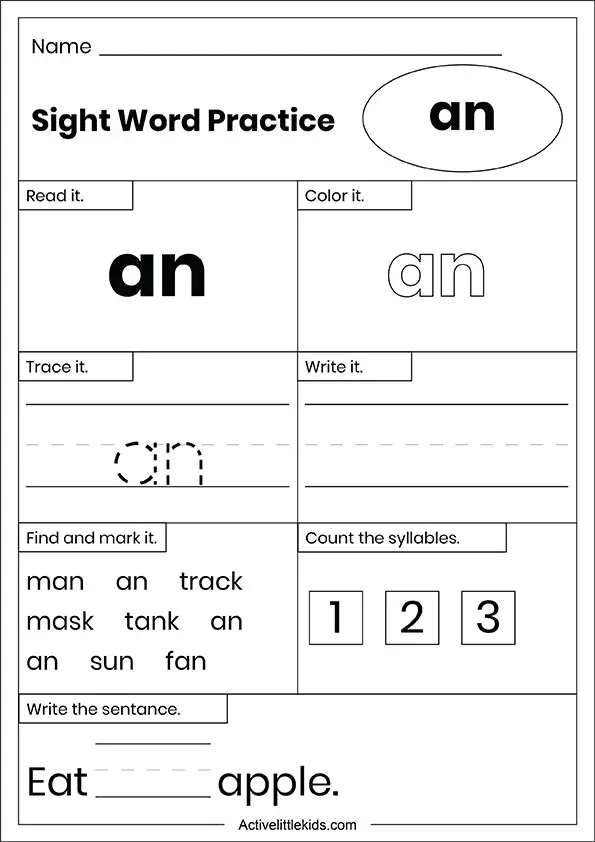
This is a highly controversial recommendation. The kid quickly understands that as soon as it opens primer, then it will be boring, and he won’t be able to see the TV set. The mood spoils, occupation comes from under the stick. nine0008
Here are the simple rules for organizing classes:
- Classes must be periodic. Short enough for your son or daughter engaged enthusiastically.
- There should be a reward at the end.
- The kid must clearly understand what he needs to do this time.
I RECOMMEND!
I recommend reading Karen Pryor's book Don't Grow at the Dog, in order to to understand how to train... oh, train a child. nine0008
In short, put only one task. ONLY ONE! As soon as it turns out what you wanted - leave the lesson. For example, you want the child to clearly uttered the tongue twister "in the yard - grass, on the grass - firewood." Explain to the child that you need to clearly and clearly say the words slowly and articulately.
If he speaks on the first try. Everybody! lessons are over.
In our case, clearly explain how many exercises he has to do this time! And don't give any more quests. nine0008
Teaching reading to children 3,4,5,6 years old in a playful way. Acquaintance with letters, alphabet, correct pronunciation, simple texts for reading
Speech games in the development of the vocabulary of children of senior preschool age with general speech underdevelopment of the 3rd level | Correctional pedagogy
Speech games in the development of the vocabulary of children of senior preschool age with general underdevelopment of speech of the 3rd level
Author: Rozhkova Yuliya Andreevna
Organization: N.F.Katanov KhSU
Settlement: Republic of Khakassia, Abakan
Annotation. The article characterizes the manifestations of general underdevelopment of speech in children aged 6-7 years, describes the practical use of speech therapy speech games to enrich the vocabulary of this category of children.
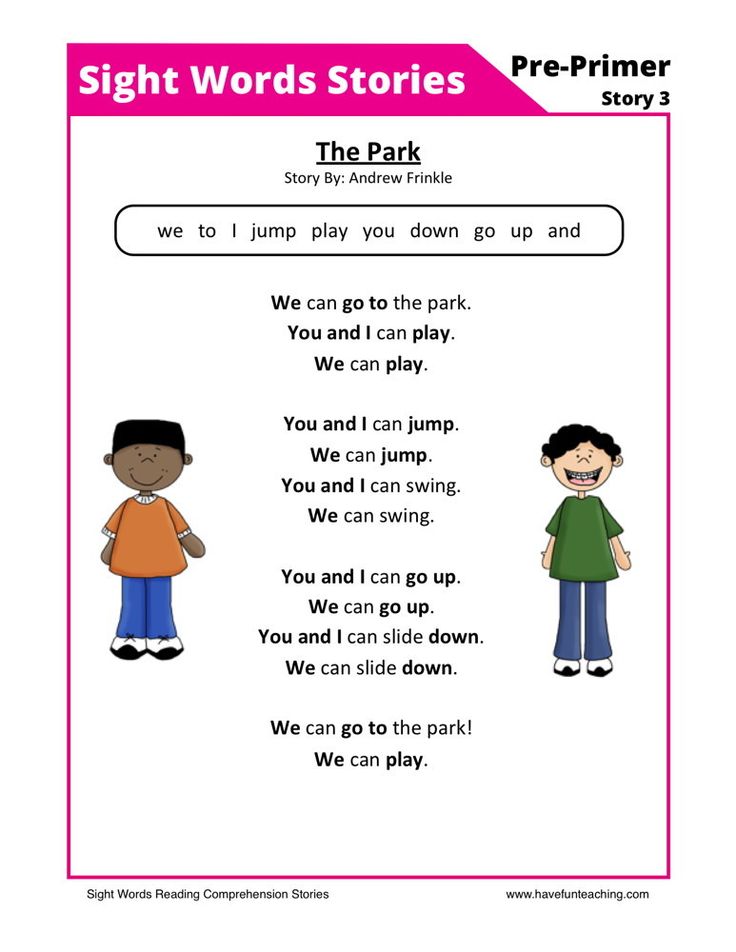
Keywords : speech games, vocabulary development, general speech underdevelopment of the third level.
The problem of the formation of the vocabulary of speech occupies an important place in modern speech therapy, therefore the question of the state of the dictionary in various speech disorders and the methodology of its development is one of the most urgent in the development of the speech of the individual [3]. nine0008
Special studies of teachers show a fairly rapid, both quantitatively and qualitatively, vocabulary development in preschool children. As the child grows, the meaning of the word does not remain constant. There is an establishment of the meaning of the word and with it the emergence of a certain position, from the moment of acquaintance with the first word, the process of forming an opinion begins. The meaning of the word also develops, unfolds from concrete to abstract development, there is a generalization.
nine0008
Various studies of the forms of speech pathology of preschool children in the middle of the 20th century were reflected in the theoretical provisions of the general underdevelopment of speech by R.E. Levina, N.A. Nikashina, G.A. Kashe, L.F. Spirova and others. So, R.E. Levina developed a periodization of manifestations of general underdevelopment of speech: from the complete absence of speech means of communication to expanded forms of coherent speech with elements of phonetic-phonemic and lexical-grammatical underdevelopment.
General underdevelopment of speech is a complex speech disorder in which children with normal hearing and initially preserved intellect have a late onset of speech development, a poor vocabulary, agrammatism, pronunciation and phoneme formation defects, which indicates a systemic impairment of all components of speech activity. There are three levels of speech development in preschool children with general underdevelopment of speech: the first level is characterized by the fact that speech means of communication are extremely limited, the active vocabulary of children consists of a small number of indistinctly pronounced everyday words, onomatopoeia and sound complexes, pointing gestures, facial expressions are widely used.
nine0008
The second level is characterized by increased speech activity of the child, communication is carried out through the use of a constant, although still distorted and limited stock of commonly used words, etc. .
Play is the leading activity for preschool children. Games are of great importance in the mental, moral, physical and aesthetic education of children. In the process of games, the vocabulary of children is replenished and activated, coherent speech develops, the ability to correctly express one's thoughts, and the correct sound pronunciation is formed. Being a special tool, speech games increase children's motivation in the development of speech skills, while causing a keen interest in activities. The game helps the child to enter into verbal communication with others, develops the ability to correctly pronounce sounds, words, assimilate the grammatical forms of the native language, while overcoming certain difficulties [1]. nine0008
Our research was conducted on the basis of MBDOU Beloyarsky kindergarten "Teremok".
The study involved 10 children of senior preschool age with OHP level 3. The experimental part of our study was aimed at determining the level of development of the vocabulary of older preschool children. The results of the diagnostic tasks showed that the group was dominated by a low level of development of the active vocabulary. In this regard, we concluded that it is necessary to conduct special work with children using speech games. The essence of the speech game lies in the fact that children solve mental problems proposed to them in an entertaining way, find solutions themselves, while overcoming certain difficulties. The child perceives the mental task as a practical, playful one, which increases his mental activity. nine0008
The game material was selected taking into account the age and individual characteristics of children. The selection of material for speech games was determined by the tasks of vocabulary work. So, to activate the everyday vocabulary, toys or pictures depicting household items were selected, and to activate the natural history dictionary, natural material (vegetables, fruits, animals, etc.
) was selected. Engaged with children with the help of speech games in the afternoon, within the framework of the lexical topic that children are learning this week. nine0008
Particular attention in the selection of speech material was given to the gradual complication of tasks, their connection with the stages of work on the word. At the first stage, the chosen theme had to correspond to the lexical theme of the game. The work was aimed at clarifying and deepening knowledge about objects that the child often comes into contact with in his life (toys, dishes, clothes, furniture, etc.). Children learned to consistently observe, to highlight the essential features of objects. At the second stage, children were taught to independently use the dictionary in the process of a speech game. But we noticed that when communicating with each other, children rarely use learned nouns, verbs and adjectives in speech, make mistakes in matching words in a sentence. Therefore, in their free time, verbal didactic games and game exercises were conducted to recall and name words denoting objects, actions, signs.
The following age-appropriate speech games were used, such as:
- Pick a word, c spruce: expansion of vocabulary, development of the ability to coordinate an adjective with a noun.
- "Whose purchases?", purpose: consolidation of generalizing concepts, vocabulary development.
- Mom lost, goal: formation of the ability to correctly coordinate words in a sentence in the genitive case, vocabulary development, consolidation of the generalizing concepts "Wild animals" and "Domestic animals".
- Similar words, goal: expanding the dictionary of synonyms, developing the ability to identify words that are similar in meaning.
- Kitchenware shop, goal: expanding the vocabulary, developing the ability to select a generalizing word, developing speech attention.
- Say the opposite, purpose: expansion of the dictionary of antonyms.
- Find the exact word, goal: to teach children to accurately name the object, its qualities and actions.
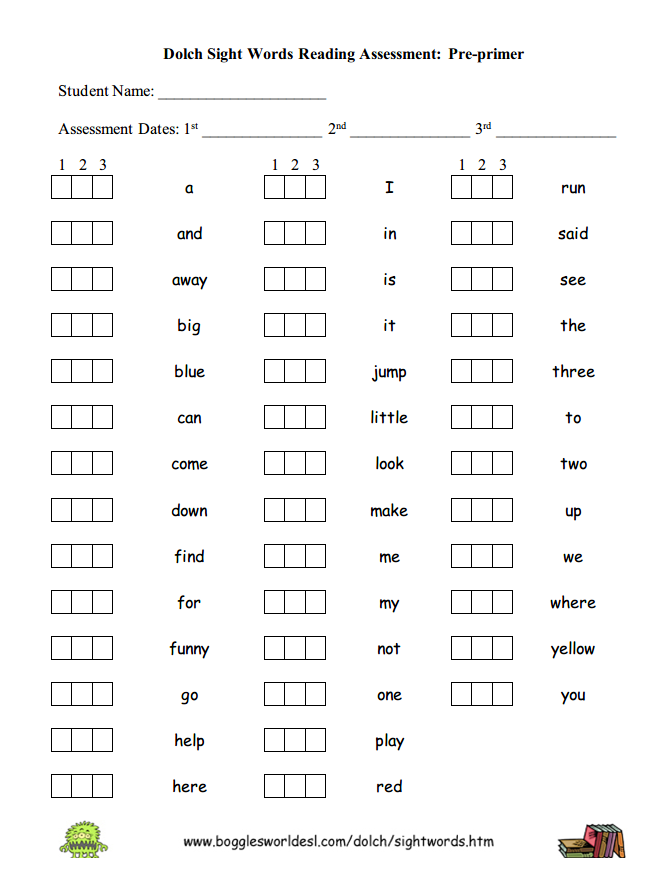
Learn more

